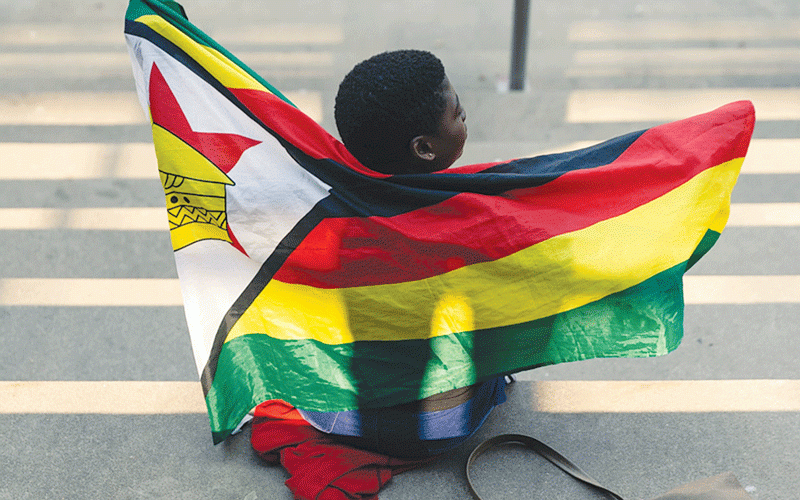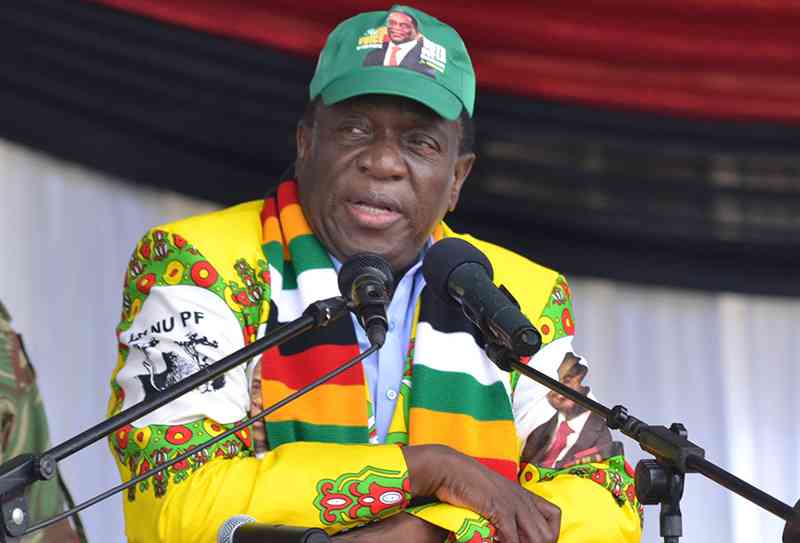
AS we reach the end of the year, a lot of questions need to be asked.
We started off the year with a promise that the economy would grow by 5,5% that was later revised down to 4,6% and then 4%. The actual growth rate will likely be lower. What happened?
We started off the year with the promise that the Zimbabwe dollar would be entrenched as the sole medium of exchange. It has fallen from $108,66, against the United States dollar to $684,33 as of yesterday on the auction market. On the verdant parallel market, it was trading at $1 100 to the greenback. What happened?
We were told that the annual inflation through both fiscal and monetary measures, would average 32,6% and end in the range of 15% to 20% in 2022. Instead, the average inflation rate was 184,08% and the figure for December is nearly 244%. What happened?
Job losses persisted this year as confirmed by business membership organisations such as Confederation of Zimbabwe Industries and the Zimbabwe National Chamber of Commerce. What happened?
The average public and private sector salaries are still below the cost of living, which is why consumers from both sectors pushed for a minimum monthly wage of at least US$550 or the Zimdollar equivalent that government did not accede to. After all, can we really say the cost of living per person of $29 219 as of December, as highlighted by the Zimbabwe National Statistics Agency, is a living wage? What’s happening?
Treasury said it needed US$8 063 788 836 this year for infrastructure development and job creation, a figure it failed to achieve or attract. What happened?
Seventy-four percent of the business community found the ease of doing business environment unfriendly while the combined diffusion business confidence index of industry and commerce decreased to minus 42. What happened?
- Mthuli Ncube abandons struggling consumers
- Fears of jobs carnage as crisis deepens
- Fresh warning over bank rate hikes
- Police admit that money changers are untouchable
Keep Reading
We were promised improved power supply. What we have, however, are 18-hour daily power cuts, even worse than the five-hour load shedding at the beginning of the year. What happened?
Further, despite promising to rein in spending, public debt rose to US$17,63 billion as of September from US$17,15 billion as of the end of last year. What happened?
Lastly, cases of corruption involving bigwigs increased and incarceration of those involved in looting billions of both local and foreign currencies, remained insignificant if not muted. What happened?
Indeed, what is happening? Nothing of note. Government appears to let things drift, just doing enough to maintain a semblance of order.
It has ignored suggestions from the business community, failed to agree a minimum wage with social partners, failed dismally to deal with rising corruption while Foreign Direct Investment has not been forthcoming.
It also continued with its clandestine borrowing from either the local market or external institutions such as the African Export–Import Bank to maintain its profligacy, fuelling public debt.
Instead, it has continued to sing from the hymn book made popular by the late former President Robert Mugabe: Blame sanctions! Lately, the opposition party, and the Russia/Ukraine war whose impact is the new excuse.
The government also fingers independent media journalists, opposition and civil society leaders, for allegedly painting the country in a bad light. It has even moved to introduce legislation that will basically allow it to incarcerate anyone it deems as “anti-government.”
Seriously, if you do not like the man in the mirror, do not throw rocks at it. It does not change your rotten appearance or the corrupt soul within.
With global recession predicted in 2023, Zimbabwe needs a calm and inclusive general election to heal the wounds inflicted by the violence of the preceding polls. A violent election could deepen the polarisation, and that would mean an even worse 2023.
We hope not.






